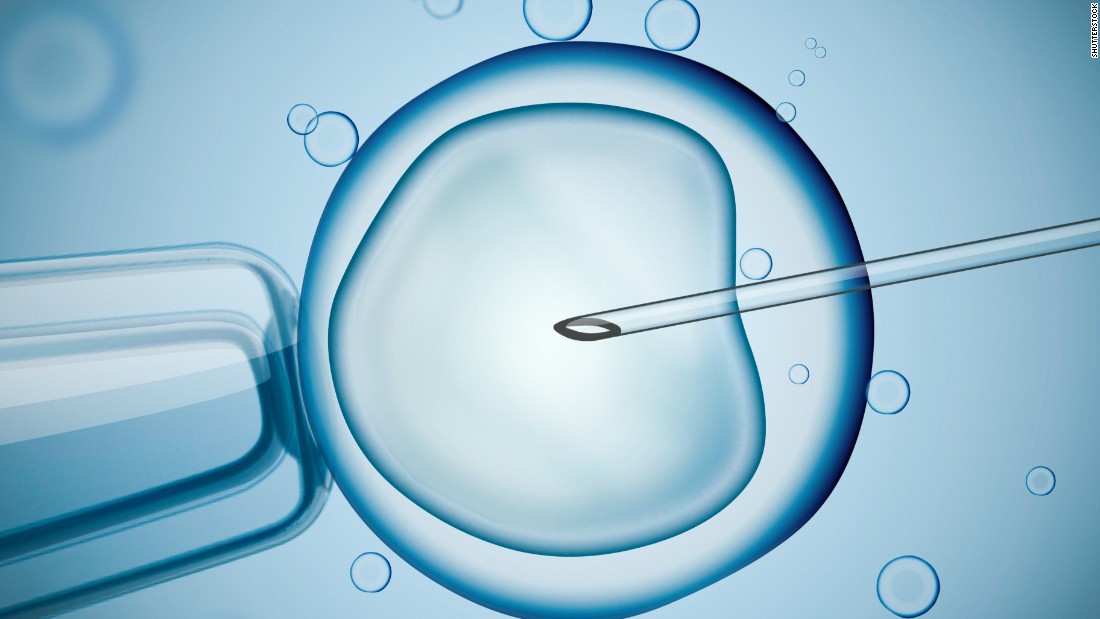Introduction
In vitro fertilization (IVF) signifies a beacon of hope for lots of persons and partners grappling with infertility. Above the previous couple decades, innovations in reproductive technologies have not only enhanced the odds of conception but also opened the doorway to a innovative procedure: preimplantation genetic prognosis (PGD). PGD makes it possible for for the genetic screening of embryos right before they are implanted in the uterus, ensuring that only embryos without having recognized genetic disorders or abnormalities are picked for pregnancy. As we navigate via the twenty first century, PGD stands at the forefront of reproductive medication, heralding a new era of genetic screening that claims to reshape the foreseeable future of IVF.
The Evolution of IVF and Genetic Screening
IVF has undergone a radical transformation since the birth of Louise Brown, the world’s 1st “check-tube little one,” in 1978. Early IVF methods were being marred by reduced results rates and limited comprehension of embryonic improvement. The introduction of genetic screening was a match-changer, permitting embryologists to examine the genetic makeup of embryos and find these with the optimum probable for a healthier being pregnant.
The Enhancement of Preimplantation Genetic Analysis
PGD is a specialized approach that will involve removing one or more cells from an IVF embryo to take a look at for certain genetic disorders just before the embryo is transferred to the uterus. Originally produced to display for sex-joined diseases, PGD has expanded to include a huge assortment of genetic and chromosomal abnormalities.
Understanding the Genetic Screening Process
The approach of PGD commences with the standard IVF cycle, the place eggs are harvested and fertilized in the lab. The moment the embryos get to the blastocyst phase, a couple cells are biopsied and analyzed employing a single of numerous genetic screening approaches, these types of as polymerase chain reaction (PCR) or up coming-technology sequencing (NGS). These procedures make it possible for for the detection of single-gene issues, chromosomal abnormalities, and even the likely for inherited most cancers syndromes.
The Ethics of Genetic Screening
As with a lot of developments in biotechnology, PGD brings with it a host of moral issues. The skill to select embryos dependent on genetic requirements has sparked debate over the idea of “designer toddlers” and lifted problems about eugenics. Ethicists and health-related industry experts continue to grapple with these problems, striving to find a harmony involving the benefits of genetic screening and the moral implications of genetic choice.
The Effect of PGD on Genetic Diseases
PGD has had a profound impression on the avoidance of genetic disorders. People with histories of heritable circumstances like cystic fibrosis, Tay-Sachs disorder, or Huntington’s disorder now have the possibility to bear little ones without having the concern of passing these circumstances on. This has not only diminished the incidence of sure genetic conditions but also alleviated the emotional and economical burden on family members and health care units.
Progress and Innovations in PGD
The subject of PGD is regularly evolving, with new systems enhancing its precision and scope. additional hints of detailed chromosomal screening (CCS) enables for the analysis of all 23 pairs of chromosomes, ensuring that only embryos with the accurate number of chromosomes are implanted. This has significantly minimized the hazard of miscarriages and improved the achievements premiums of IVF.
The Role of PGD in Household Balancing and Gender Variety

Just one of the much more controversial facets of PGD is its use in loved ones balancing and gender range. Some argue that the potential to pick out the sex of one’s youngster is a organic extension of reproductive liberty, though other individuals be concerned about the social and demographic implications of this sort of decisions. Nonetheless, in conditions where by gender-certain genetic conditions are a issue, gender choice continues to be a vital facet of PGD.
The Upcoming of PGD: Growing the Options
As we appear to the future, PGD is poised to develop in abilities. Investigation into polygenic danger scores could allow PGD to display screen for intricate ailments like coronary heart illness or diabetes, which are affected by various genes. There is also the potential to use PGD in conjunction with gene modifying technologies like CRISPR, to not only choose but also accurate embryos at the genetic stage, although this remains ethically and legally contentious.
Lawful and Regulatory Things to consider
The regulation of PGD differs drastically about the earth, with some nations around the world embracing the technology and many others imposing rigid constraints. As the science progresses, policymakers will be challenged to create frameworks that make certain moral applications of PGD although supporting scientific progression.
Conclusion
Preimplantation genetic diagnosis stands at the intersection of genetics, medication, and ethics, featuring unparalleled management more than the genetic overall health of long term generations. Its integration with IVF has now enhanced the prospective clients of would-be mom and dad to have balanced young children and guarantees to continue its trajectory of innovation in the realm of reproductive wellbeing. As we advance, it is crucial that we look at the ethical implications and legal frameworks vital to manual the liable use of this strong technology. The potential of PGD in IVF is not just about the science of genetics, but also about the values we as a culture pick out to uphold

